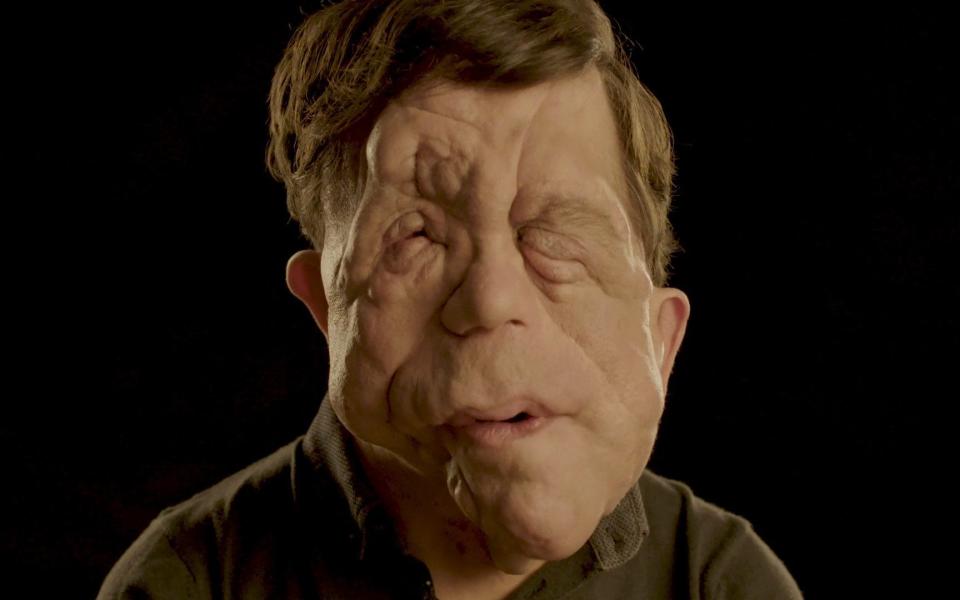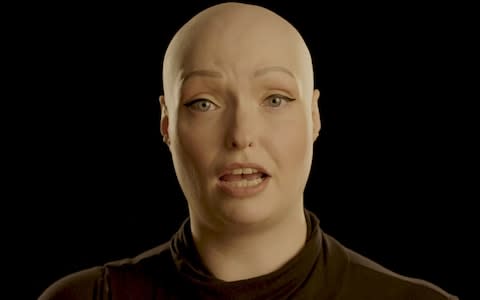One in three people with facial disfigurement have suffered abuse in the street, survey reveals

One in three people who have a facial disfigurement have suffered abuse in the street, a new survey has revealed.
Some 28 per cent of those with a visible difference have been shouted at and insulted while out in public and more than 70 per cent of those incidents went unreported.
A further 10 per cent report being repeatedly harassed on social media.
The findings, from a survey of 1,046 people, were made by Changing Faces, the UK's leading charity for everyone who has a mark, scar or condition which makes them look different.
It is the first in-depth study of its kind on the daily challenges they face, as well as the anxiety and distress caused by being singled out for the way they look.
The troubling figures come after American television presenter Wendy Williams's apparent mocking of actor Joaquin Phoenix for a scar on his upper lip.
Williams was accused of insulting people with a cleft palate while discussing Phoenix's Golden Globe Awards success on her show two weeks ago.
Changing Faces is today launching a campaign to tackle hate crime against those who look different, which includes a revealing video of first person accounts.
Award-winning campaigner, actor and presenter Adam Pearson, who has neurofibromatosis and appears in the short film, said: “I’ve been abused in the street but I also get a lot of hate online.
"Some people say to me ‘well just quit social media’ but that’s not a solution. Why should victims of abuse be removed from social media platforms? It only further ostracises them."

Becky Hewitt, the charity's chief executive, told The Telegraph: “While over a quarter of people with visible differences have experienced a hate crime, we found that the majority (72%) didn’t report it.
"We believe there are several reasons why this is the case, including people not realising they can report abuse as a hate crime, concern about what will happen if they do report and also a lack of information as to what practical action they can take.
"Having spoken to many people who have a visible difference, there is also sometimes a feeling of resignation - you just get used to the abuse and feel it’s pointless taking any action.
"Although most people in our survey had heard of hate crime, over a third admitted they didn’t really know what it means.
"That’s why we have launched our #VisibleHate campaign which includes information and advice on how to recognise and report appearance-related abuse.”
The Telegraph previously revealed that almost half of young job applicants with a disfigurement reported being rejected because of how they look.

 Yahoo News
Yahoo News 